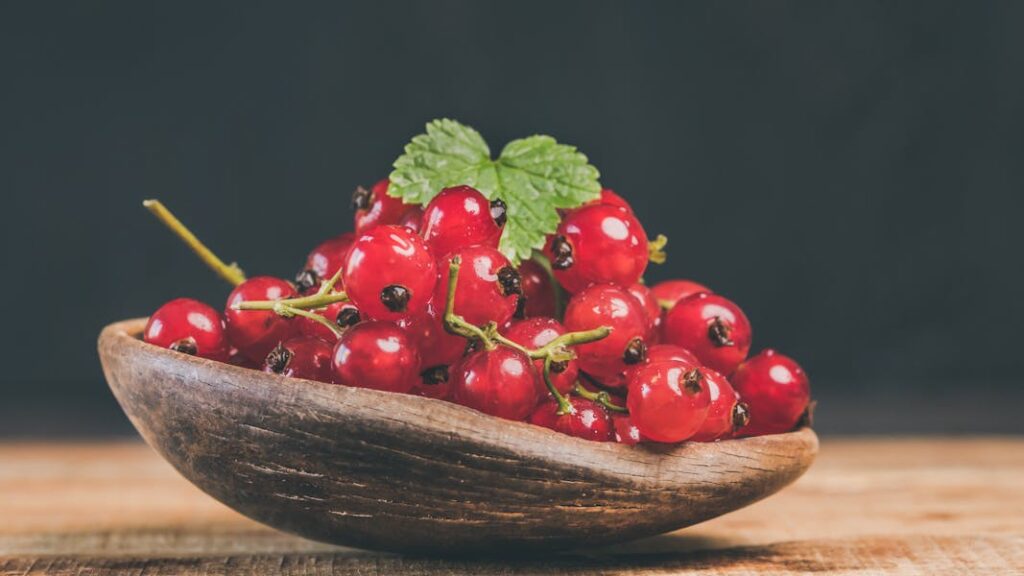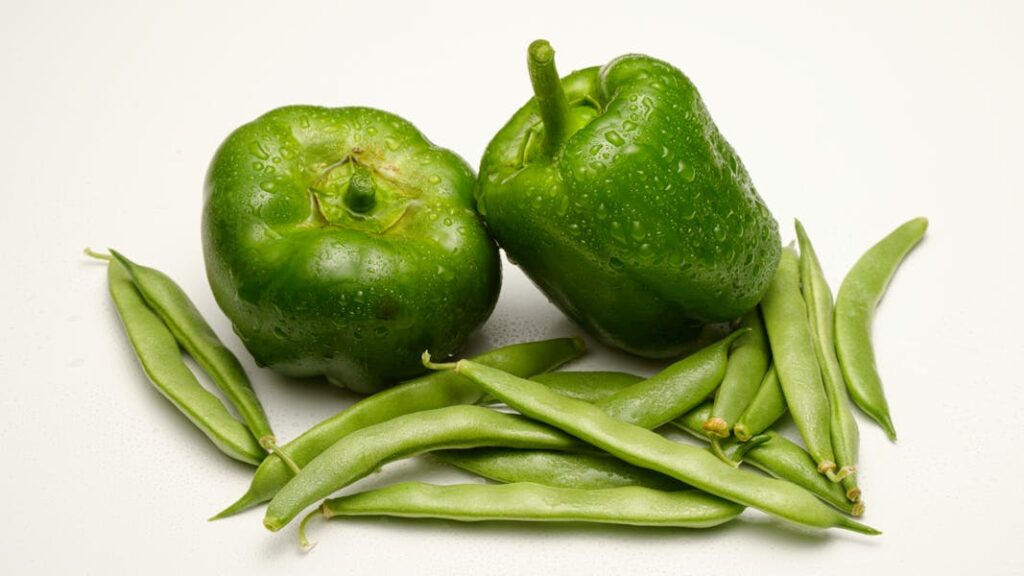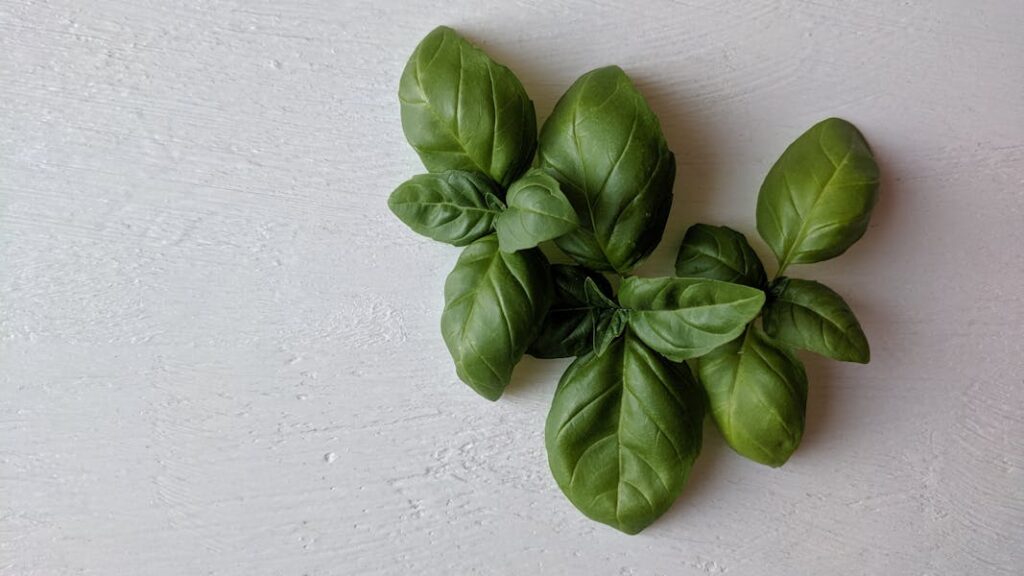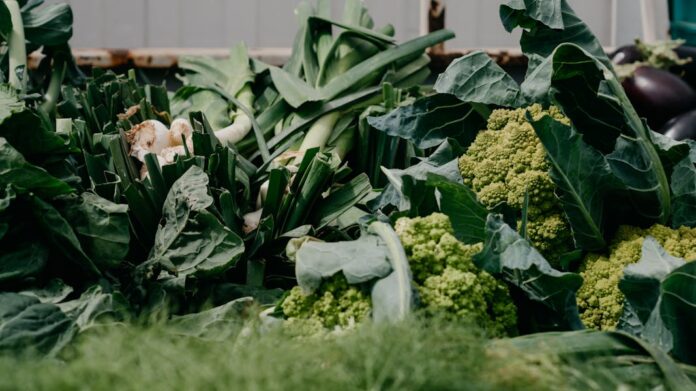In recent years, more and more people are shifting toward a vegetarian lifestyle. Some do it for health, others for ethical or environmental reasons. Regardless of the motivation, one thing is clear: vegetarian food is not just about eating salads—it’s about discovering a wide variety of nutrient-rich, delicious, and satisfying foods that fuel the body.
Whether you are a lifelong vegetarian or just exploring plant-based meals, this guide will walk you through the Best Vegetarian Foods to Eat: A Complete Guide to a Healthy Veg Diet, their health benefits, and how to include them in your daily diet.
Why Choose Vegetarian Food?
Before we dive into the list of the best veg foods, let’s understand why vegetarian diets are gaining popularity:
- ✅ Health Benefits – Lower risk of heart disease, diabetes, obesity, and high blood pressure.
- ✅ Nutrient-Rich – Packed with fiber, antioxidants, vitamins, and minerals.
- ✅ Eco-Friendly – Plant-based diets have a smaller carbon footprint.
- ✅ Variety & Flavor – Countless options beyond just vegetables.
Best Vegetarian Foods to Eat for a Balanced Diet
Here’s a breakdown of nutritious and delicious vegetarian foods you should include in your daily meals.
🥦 1. Leafy Green Vegetables
Leafy greens are the backbone of any vegetarian diet. They are rich in iron, calcium, vitamin K, folate, and fiber.
Examples:
- Spinach
- Kale
- Lettuce
- Moringa leaves
- Collard greens
Why They’re Great:
- Boosts immunity
- Improves bone strength
- Supports digestion
- Provides antioxidants
👉 Tip: Add them to smoothies, soups, or stir-fries for a nutrient boost.
🥕 2. Root Vegetables
Root veggies are hearty, versatile, and packed with vitamins.
Examples:
- Carrots
- Beets
- Sweet potatoes
- Radish
- Turnips
Benefits:
- High in beta-carotene (good for vision and skin)
- Rich in dietary fiber
- Provides slow-releasing energy
👉 Try roasted sweet potatoes or beetroot salad for a tasty and colorful plate.

🌽 3. Whole Grains
Whole grains are the energy powerhouse for vegetarians. They are rich in complex carbs, B vitamins, and minerals.
Examples:
- Brown rice
- Quinoa
- Oats
- Barley
- Millets (ragi, bajra, jowar)
Why to Eat Them:
- Provides long-lasting energy
- Supports gut health
- Lowers cholesterol
👉 Pro tip: Replace white rice with quinoa or millet for a more nutrient-dense meal.
🥜 4. Nuts and Seeds
Nuts and seeds are nutrient-dense snacks and protein sources for vegetarians.
Examples:
- Almonds
- Walnuts
- Cashews
- Flaxseeds
- Chia seeds
- Pumpkin seeds
Benefits:
- Rich in omega-3 fatty acids (great for heart & brain)
- Good source of plant protein
- Helps in weight management
👉 Sprinkle chia or flax seeds on your smoothies, or have a handful of almonds as a mid-day snack.
🫘 5. Legumes (Beans, Lentils & Chickpeas)
Legumes are one of the best vegetarian protein sources and a staple in many cuisines worldwide.
Examples:
- Kidney beans (rajma)
- Lentils (masoor, moong, toor dal)
- Chickpeas (chana)
- Black beans
- Green peas
Why They’re Essential:
- High in protein & fiber
- Helps in muscle building
- Keeps you full longer
- Stabilizes blood sugar
👉 Try hummus (chickpea dip), lentil soups, or rajma-chawal for a protein-packed meal.

🧀 6. Dairy & Plant-Based Alternatives
For vegetarians who consume dairy, it can be a rich source of calcium, protein, and probiotics. For vegans, plant-based alternatives work just as well.
Examples:
- Milk, yogurt, paneer (cottage cheese)
- Cheese (in moderation)
- Soy milk, almond milk, oat milk
- Coconut yogurt
Benefits:
- Strengthens bones
- Supports gut health (from probiotics in yogurt)
- Provides essential vitamins like B12 (fortified alternatives)
🍅 7. Fresh Fruits
No vegetarian diet is complete without fruits—they are naturally sweet, hydrating, and nutrient-rich.
Examples:
- Bananas
- Apples
- Oranges
- Berries (blueberries, strawberries)
- Mangoes
- Papaya
Benefits:
- Boosts immunity (Vitamin C)
- Provides quick energy
- Improves skin health
- Rich in antioxidants
👉 Snack on seasonal fruits instead of processed sweets.
🥗 8. Fermented Foods
Fermented foods promote gut health and digestion, which is vital for nutrient absorption.
Examples:
- Sauerkraut
- Kimchi
- Idli, dosa (fermented rice-lentil batter in India)
- Kombucha
- Yogurt
Benefits:
- Rich in probiotics
- Improves digestion
- Boosts immunity
🍛 9. Traditional Vegetarian Dishes (Global Inspirations)
Vegetarian diets are not boring—they are deeply rooted in cultural cuisines worldwide.
Examples:
- India: Dal, Paneer curry, Vegetable biryani
- Mediterranean: Falafel, Hummus, Tabbouleh
- Japanese: Miso soup, Seaweed salads
- Mexican: Bean tacos, Veg burritos
- Italian: Caprese salad, Pasta primavera
👉 Exploring global vegetarian dishes keeps your meals exciting and diverse.
How to Build a Balanced Vegetarian Plate
Eating vegetarian doesn’t mean eating only carbs or salads. A balanced veg plate includes:
- 🥬 50% Vegetables & Fruits – for vitamins, minerals, fiber
- 🍚 25% Whole Grains – for energy
- 🥜 25% Protein (Legumes, Dairy, Nuts, Seeds) – for muscle health
- 🫒 Healthy Fats – olive oil, nuts, seeds
Also Read: Top Celebrity Wellness & Fitness Trends in 2025: What Stars Are Doing to Stay Healthy

Common Nutrient Deficiencies in Vegetarian Diets (and How to Fix Them)
While vegetarian food is healthy, you need to be mindful of some nutrients:
- Protein – Eat legumes, nuts, dairy, quinoa.
- Vitamin B12 – Fortified dairy/plant-based milk, supplements.
- Iron – Spinach, lentils, pumpkin seeds, pair with Vitamin C foods.
- Omega-3 Fatty Acids – Flaxseeds, chia seeds, walnuts.
- Calcium – Dairy, fortified soy milk, leafy greens.
Tips for Following a Healthy Vegetarian Diet
- 🍴 Plan your meals to ensure all nutrients are covered.
- 🌍 Try new cuisines to keep variety.
- 🥤 Drink enough water for digestion.
- 🥗 Add colors to your plate (greens, reds, yellows = more nutrients).
- 🍲 Cook smartly – steaming and sautéing preserve more nutrients.
Conclusion
Choosing the best vegetarian foods to eat is not just about cutting out meat—it’s about embracing the abundance of plant-based ingredients available around us. From protein-packed legumes and fiber-rich vegetables to nutrient-dense nuts, seeds, and whole grains, vegetarian foods offer everything your body needs for energy, strength, and long-term health.
❓ Frequently Asked Questions (FAQs) About Best Vegetarian Foods to Eat: A Complete Guide to a Healthy Veg Diet
1. What are the healthiest vegetarian foods to eat daily?
The healthiest vegetarian foods you can include daily are leafy greens (like spinach and kale), whole grains (quinoa, oats, brown rice), legumes (beans, lentils, chickpeas), nuts & seeds (almonds, flaxseeds, chia seeds), and fresh fruits. These foods provide a balanced mix of protein, fiber, healthy fats, vitamins, and minerals.
For example, starting your day with oatmeal topped with fruits and seeds, having a lentil or bean-based lunch, and snacking on nuts can give you sustained energy and nutrition throughout the day.
2. Can vegetarians get enough protein without eating meat?
Yes, absolutely! Protein is not limited to meat. Vegetarian diets offer a wide variety of protein-rich foods such as:
- Lentils, beans, and chickpeas
- Paneer, yogurt, and Greek yogurt (for lacto-vegetarians)
- Quinoa, amaranth, and buckwheat (grain alternatives high in protein)
- Nuts and seeds like almonds, pumpkin seeds, and chia seeds
- Soy-based products like tofu, tempeh, and soy milk
With smart meal planning, vegetarians can easily meet their daily protein needs. For instance, a bowl of dal with brown rice or quinoa with chickpeas can provide as much protein as a meat-based dish.
3. Which vegetarian foods are best for weight loss?
If your goal is weight loss, focus on low-calorie, high-fiber vegetarian foods that keep you full longer without adding excess calories. The best options include:
- Leafy greens (spinach, kale, lettuce)
- Cruciferous vegetables (broccoli, cauliflower, cabbage)
- Lentils and beans (fiber + protein = satiety)
- Fruits like apples, papaya, and berries
- Whole grains like quinoa and oats
Avoid fried or heavily processed vegetarian foods such as packaged snacks, instant noodles, or sugar-loaded items. Instead, stick to steamed, roasted, or lightly sautéed meals for healthy weight management.
4. What vegetarian foods are high in iron?
Iron is essential for energy and oxygen transport in the body. Vegetarian-friendly iron-rich foods include:
- Spinach and other leafy greens
- Lentils and chickpeas
- Pumpkin seeds and sunflower seeds
- Tofu
- Dried fruits like raisins and apricots
- Fortified cereals and whole grains
💡 Pro tip: Plant-based iron (non-heme iron) is absorbed better when eaten with Vitamin C-rich foods like oranges, lemons, tomatoes, or bell peppers. So, pairing lentils with a tomato-based curry or eating spinach salad with lemon juice helps improve absorption.
5. Is a vegetarian diet suitable for children?
Yes, a well-planned vegetarian diet is suitable for children. In fact, it can help them grow with a strong foundation of healthy eating habits. Parents should ensure that kids get a balance of:
- Proteins – lentils, beans, paneer, tofu, quinoa
- Calcium – dairy, fortified plant milk, sesame seeds
- Healthy fats – nuts, nut butters, avocado
- Iron & Vitamin C – leafy greens paired with citrus fruits
Children may need fortified foods or supplements for Vitamin B12 and Vitamin D, as these are harder to obtain from a vegetarian diet. Consulting a pediatrician or dietician ensures all nutritional needs are met.
6. Can vegetarians follow a high-protein diet like gym-goers?
Yes! Many vegetarians successfully follow high-protein diets for muscle building and fitness. Options include:
- Legumes – lentils, kidney beans, black beans
- Soy products – tofu, tempeh, soy milk
- Dairy – Greek yogurt, cottage cheese (paneer), milk
- Grains – quinoa, buckwheat, oats
- Nuts & seeds – almonds, hemp seeds, chia seeds
For gym-goers, a meal like quinoa with chickpeas and roasted vegetables or paneer with whole-wheat roti and salad can provide excellent post-workout nutrition. Plant-based protein powders (pea protein, brown rice protein) are also popular supplements.
7. Are vegetarian foods enough to get all nutrients?
Yes, vegetarian foods can provide nearly all essential nutrients if the diet is balanced. However, some nutrients may require extra attention:
- Vitamin B12 – mostly found in animal products, so vegetarians should consume fortified foods (milk, cereals, soy products) or supplements.
- Omega-3 fatty acids – found in flaxseeds, chia seeds, walnuts, and algae-based supplements.
- Vitamin D – sun exposure plus fortified plant milk or supplements.
- Iron & Zinc – found in legumes, seeds, and leafy greens, but should be consumed with Vitamin C-rich foods for better absorption.
With mindful choices, a vegetarian diet can be nutritionally complete and even healthier than many non-vegetarian diets. Source : GPT
Also Read: How to DETOXIFY Liver in 7 Days: Your Complete Science-Based Guide



